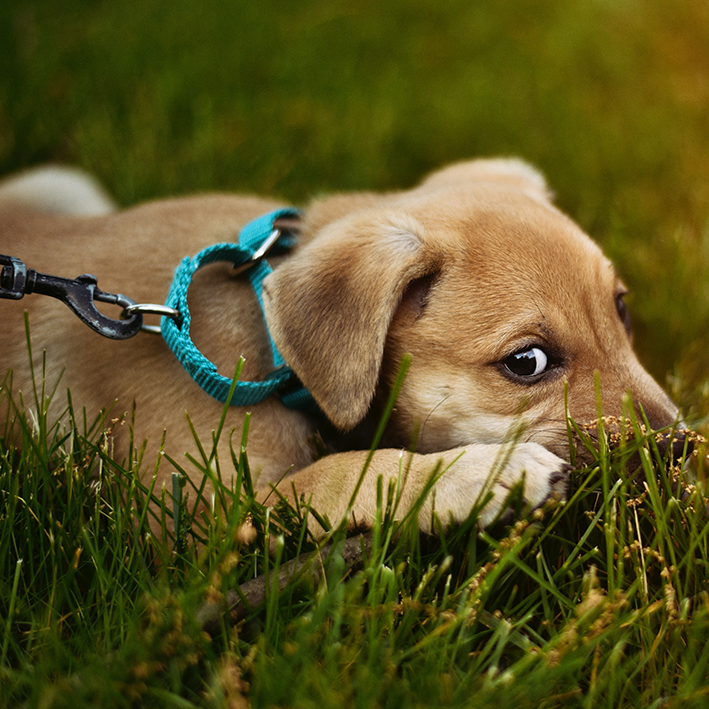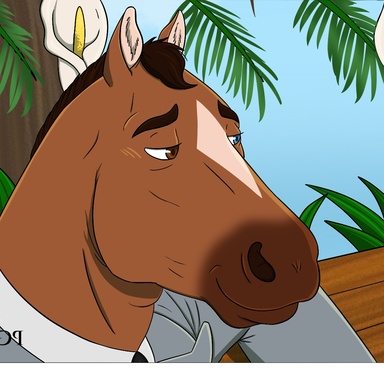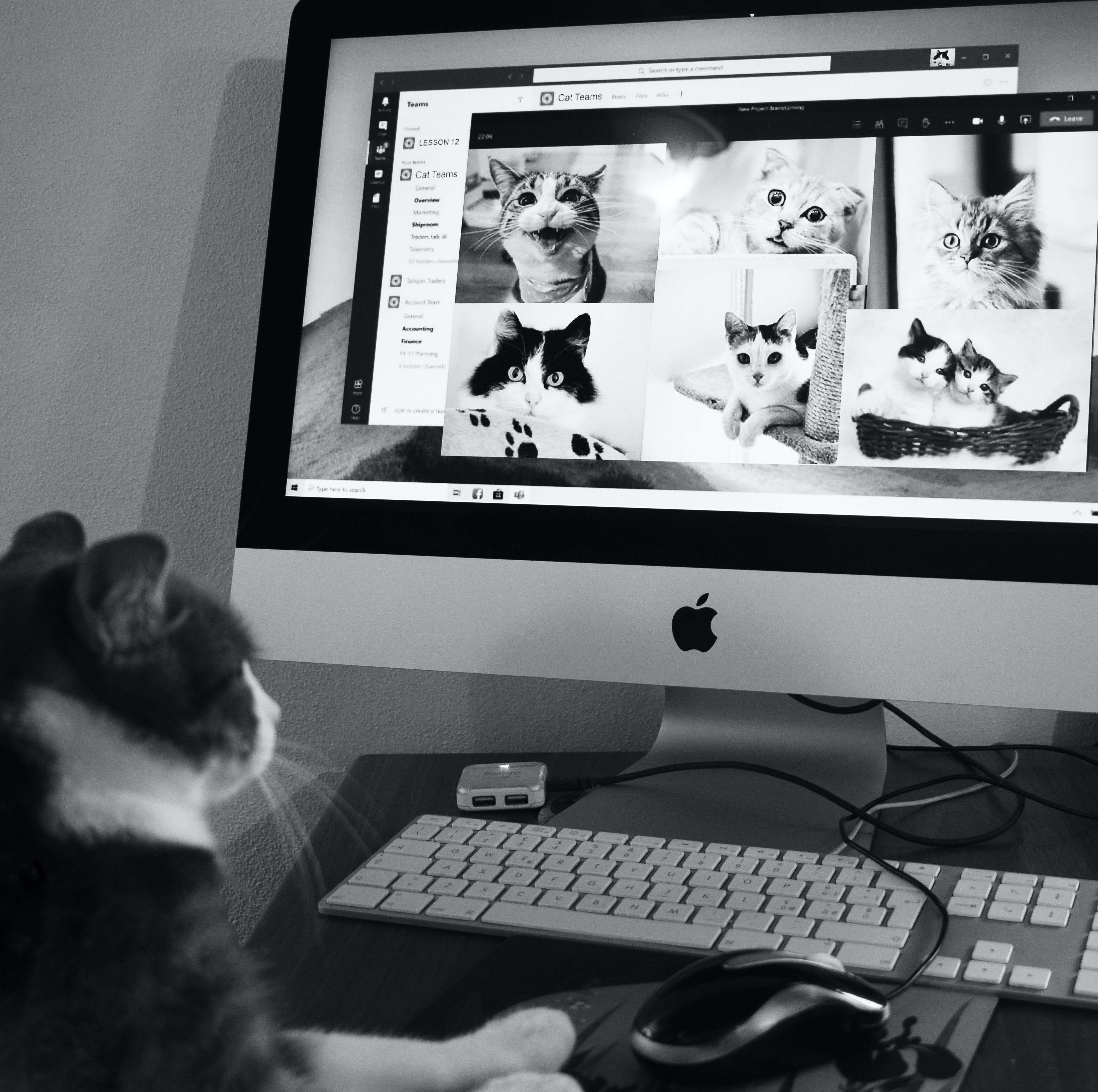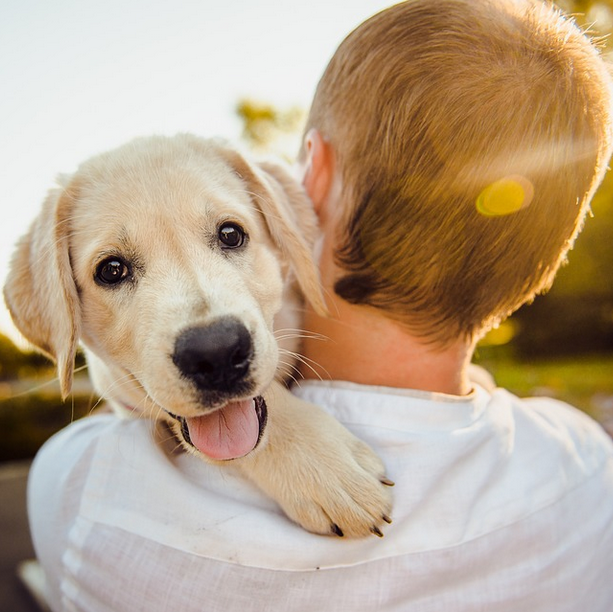The problem with "pets"

Since the start of civilization, humans and animals have worked together. Part of what made humans so successful so early was learning how to utilize the strengths of other animals in order to benefit for ourselves. Horses enabled us to travel long distances without needing to use our own strength to do so, making it so that humans could form connections with other humans from much farther away. Mules and oxen made it so we could work much larger fields and therefore could feed more people in the same place with less effort. Sheep provided wool that we could use to create warmer clothing. Dogs aided in hunting and herding, using their keen sense of smell to track other animals. Cats helped to keep food safe from small pests that could ruin an entire harvest. Cows, pigs, lambs and chickens provided a renewable food source that we could keep in proximity to us instead of needing to brave the elements and other potential dangers hunting. When it comes down to it, animals were an essential building block that we utilized in order to create the society that slowly over time turned into the one we have today. I mention this all to show that the relationship between humans and animals is one that’s ingrained in every facet of our world at this point, from our history and culture, to even how we treat animals today. Most people don’t have horses, pigs or chickens anymore, but having a dog, cat, or other small animal that lives in the home with us is something seen as pretty normal. We even invented a word for that kind of animal. A pet. Pets, however, are very different than the animals that we began to tame all those years ago at the dawn of civilization. In fact, pets are animals with as much animal removed as we could possibly manage.
Obviously, the relationship between humans and animals has been one of subjugation. Animals were put to work specifically to benefit the humans who would feed them and shelter them in order to make sure they could continue to work productively. However, as our society developed, we started to rely on animals less and less to do jobs. We learned how to create machines, and those machines were able to do everything that animals could, but didn’t require feeding or lodging, and could work harder and for longer. Machines meant that we no longer needed to use animals as tools, but that didn’t mean we wanted to remove them completely. Instead, we started keeping them as pets. A pet is an animal that one keeps that serves no specific purpose, and instead is just there to be “a part of the family.”. Nowadays, seventy percent of all American households have at least one pet. It’s clear to see that humans want to live around animals. But as we learn more about animals, and push more for animal rights, it’s important to look at the relationships that we have with the animals that are in closest proximity to us. So, lets talk about pets.
There are a few problematic things that I want to talk about right off the bat. First of all, lets talk about what a pet is. Usually, they’re cats or dogs. They’ve been bred in very specific ways for sometimes hundreds of generations specifically for traits that we find most appealing. They tend to be trained in order to remove the behaviors that we don’t like. They also tend to be mutilated, having their genitals removed in order to stop them from having offspring, curb behaviors that we don’t want to see, and influence their neurochemicals in order to make them more docile. Sometimes, we even remove other parts of their bodies like their claws in order to make sure that they don’t even have the ability to mar our other possessions. We’ve even gone so far as to control all of their bodily functions. They rely on us for food and water, and in the case of dogs we even train them to know that they need our permission in order to use the bathroom, at specific times in the day that we find convenient. Pets are, in essence, the idea of an animal put through as many human filters as we possibly can in order to make them fit perfectly into the idea of what we want. This is even reflected in the terminology. The counterpart to a pet is an owner. They aren’t living creatures anymore, they’re objects that we’ve created in order to serve our purpose. To act as accessories to our own lives.
It’s hard to see that that’s what’s occurring with animals, especially when most people see them as part of the family. But that’s because it’s much easier to pretend that animals want this for themselves than it is to realize what we’re subjecting them to. Some people refer to their pets as their “babies”, in a way to show this familial bond. That’s not a healthy way to view an animal. An adult animal has all of the necessary power and instincts it needs in order to survive on its own. To be in control of its own life. A baby needs to be coddled and protected, kept away from any amount of danger or responsibility. Treating animals like they’re incapable of anything reinforces the idea that they aren’t, once again pushing the idea that they’re no longer animals. Just things nice things to have around. There’s also a lot of situations where extra restrictions are placed on animals. “Don’t sit on the furniture” or “Don’t come up in bed”, “Don’t bark when people are at the door”. There’s also a lot of amenities when it comes to home living that animals tend to not have access to as well. If there’s a pool in the home, usually it’s not for animals to jump into whenever they want. If there’s a backyard but nobody’s home, most people aren’t installing dog doors in order to facilitate them being able to go out. All of these examples just go to say that animals are very rarely actually seen as part of the family. They don’t have access to the same rights that human members of the same family do. Even if they do sometimes get to make choices, they don’t tend to have the freedom to actually make bigger decisions.
Every family is different. Some are better and some are worse when it comes to allowing animals to actually be animals, but I think this is an important topic to discuss. And it’s honestly a complicated discussion. Even down to how we view animal ownership is complicated from an animal autonomy perspective. Humans are the ones that decide whether or not they want an animal in their lives, and when they get one it’s also the humans that decide if they ever want to call off that relationship. It’s not like a dog can just leave if they find themselves unhappy with their living situation. Especially if they were adopted as children and don’t know any better. But I don’t know if having an open door policy when it comes to letting animals come and go is the right way to approach things either. Our world tends to be very much designed for humans. It’s not always safe for an animal to be walking around on their own unsupervised. Maybe in the distant future there’s some other solution that we can create that fixes this on a more systemic level, but for now there are a few things that you can do to try and make sure that the animals you have in your life are treated right.
First of all, give them the option of choice as much as much as possible. Whether that’s choosing what kinds of food the like the best by presenting them with multiple options, allowing them to choose where they want to go if you take them for a walk, or even allowing them to choose when they want to go for those walks. Another thing to keep in mind is to allow them to go at their own pace sometimes. Going on a walk is frequently a bored human tugging a dog along the route at their speed. But it’s important to remember that for the animal, this is one of the few times a day they’re allowed to be outside. They’re excited, and want to relish the opportunity to explore the world they don’t normally have access to. Letting them stop and smell the flowers is easy to do, and lets them know that you value what they want. And finally, make sure that they have things to do. If you’re home all the time and can play with them, then just making sure you fit in time to do that is great, but if you’re in a situation where they have to be home alone for long stretches frequently, don’t just leave them to sit around bored all day every day. Look into some more complex toys that they can interact with and figure out. There are even some studies that show that it can be beneficial to leave the TV on while you’re gone as another potential source of something to do. There’s a surprising amount of content out there tailored for animals, see if anything catches your animal’s eye.
Animals are more than just pets. They’re sentient beings just like us. They have things that they want, things they like and dislike. Dogs and cats without humans are fully functioning creatures that can succeed on their own, forming complex societies and relationships. But when they come under the care of humans, they’re relegated to a role as the lesser, stripped of all of their freedoms, and forced to adapt to an alien world that is actively hostile to them. Sure, they may get their base needs taken care of, but we know enough as a society at this point to know that there’s more to well being than just getting fed. We need to stop thinking of the animals that live with us as pets, and need to start thinking of them as independent creatures who happen to occupy the same space. They aren’t property, they’re room mates. They aren’t your “fur baby”, they’re their own person, able to exist without you.
Animals deserve our respect, not our ownership.
Article written by Tarro June 2022
Find them at https://twitter.com/hereforthezoo




